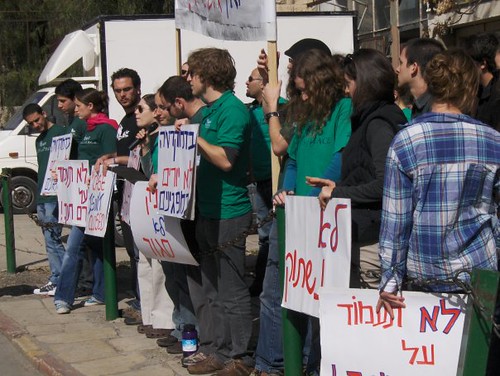Kremlin rejects Zelenskiy claim that Russia wants to inflame war in Middle East
Middle East #MiddleEast

MOSCOW, Oct 10 (Reuters) – Russia said on Tuesday it was in contact with both Israel and the Palestinians and would seek to play a role in resolving the conflict between them.
Four days into the crisis that started with a deadly Hamas attack on Israel, the Kremlin did not present any concrete initiative but underlined the strength of its relations with both sides.
Moscow has long-standing historical ties with the Palestinians but also “a lot in common” with Israel, including the fact that many Israelis are former Russian citizens, Kremlin spokesman Dmitry Peskov said.
“Therefore, we maintain relations with both sides of this conflict. We conduct contacts and take part in all the – unfortunately few – formats that are looking for common ground for a settlement and which do not work very effectively, as recent practice has shown,” he said.
“But nevertheless we intend to keep making efforts and play our role in terms of providing assistance to seek ways to a settlement.”
Israel was on Tuesday pounding Gaza with the fiercest air strikes in the 75-year history of its conflict with the Palestinians, in response to the wave of deadly Hamas attacks at the weekend. Moscow has said it is worried that the violence could escalate into a broader conflict in the Middle East.
Peskov said the Kremlin was trying to establish whether any Russians were among the hostages taken by Hamas.
“The necessary contacts are being made in order to understand whether this is true or not and what the future fate of these people is,” he said.
Peskov said a suggestion by Ukrainian President Volodymyr Zelenskiy that it was in Russia’s interests to stoke war in the Middle East to weaken global unity had “absolutely no basis”.
“This is a long-standing conflict, the Palestinian-Israeli conflict, which has very deep roots, many deep contradictions. Many people know the backstory, but it is so deep that not everyone knows the nuances,” he said.
Reporting by Reuters; Writing by Mark Trevelyan and Alexander Marrow Editing by Gareth Jones
Our Standards: The Thomson Reuters Trust Principles.